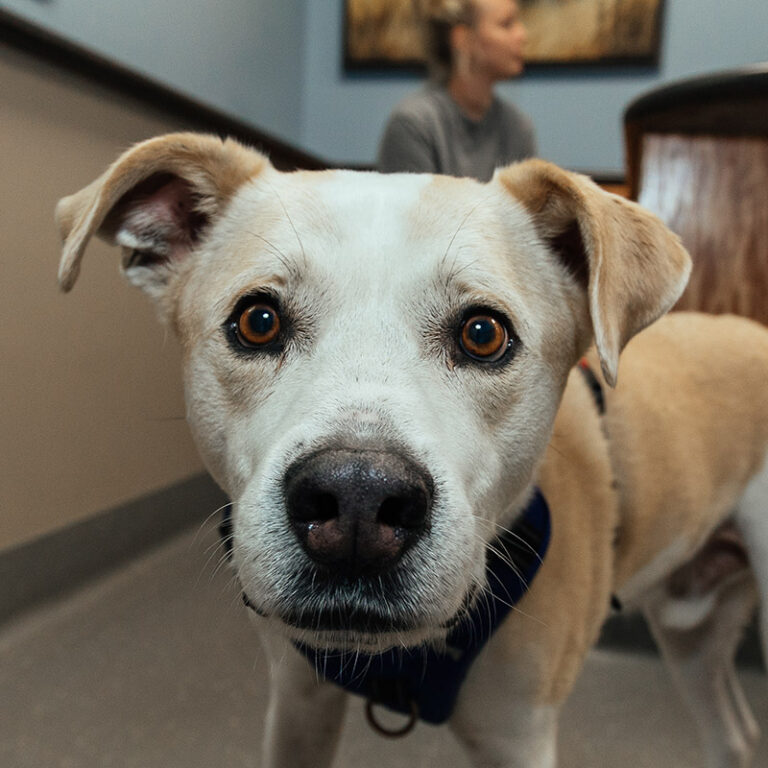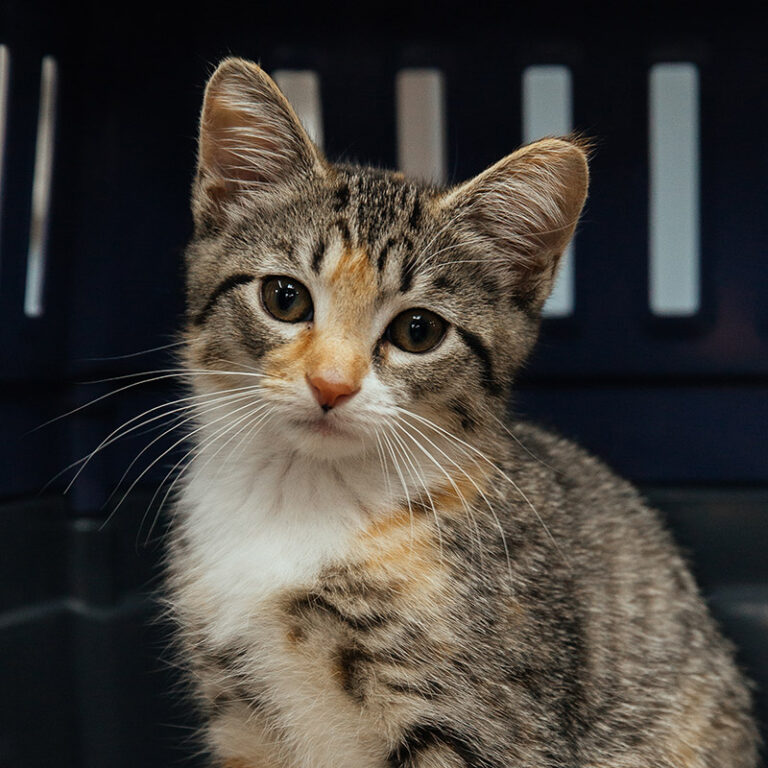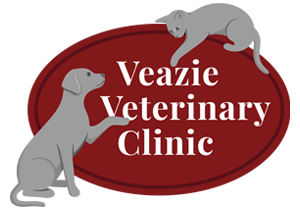For adult pets, we recommend vaccine appointments every year.
Depending on your pet's age and vaccination history, your veterinarian might recommend a custom vaccination plan.
Pet vaccinations are important for all dogs and cats; even the ones that remain indoors most, if not all, of the time. Pets can still be exposed from the briefest of trips outside, or they can even catch an airborne virus through an open window or door screen. More often than not, viruses are spread due to contact with other infected animals that are wild or whose owners did not elect to keep their pet vaccinations up to date. Given the violent and progressive nature of small-animal viruses, it is of the utmost importance to immunize your pet and opt to keep your kitty current with the latest cat vaccinations and your pooch up to date with his or her dog vaccination.

Dog Vaccinations
CORE:
Rabies
Mandatory for all dogs
A fatal viral infection of the central nervous system that can affect all mammals including humans. The virus is transmitted from animal to animal and animal to man primarily through the bite of an infected animal. This vaccine is given once during the puppy series, again at one year of age and then repeated once every 3 years in adult dogs.
Distemper
Recommended for all dogs
Our canine distemper vaccine actually includes 4 different viruses in one injection. This vaccine is given as a series when they are a puppy, at one year of age and then once every three years for adult dogs.
- Distemper: A widespread and often fatal disease, which can cause vomiting, diarrhea, pneumonia and potentially brain damage.
- Adenovirus (Types 1 and 2): The cause of infectious hepatitis and respiratory infection.
- Parvovirus: A widespread and potentially fatal disease, which may cause severe vomiting and diarrhea. It is especially dangerous in young dogs and individuals susceptible to the effects of dehydration.
Leptospirosis
Recommended for most dogs
This vaccine is given as part as the distemper vaccine in puppies. After one year of age it is given on a yearly basis. This disease is a bacterial infection that can cause permanent kidney damage. It is very contagious and is spread through contact with urine, nasal secretions or saliva. Leptospirosis or “Lepto” can also be spread to humans.
Heartworm Test
Recommended for all dogs
We recommend a yearly blood test to determine whether or not your dog has been exposed to heartworm disease. It also tests for exposure to Lyme and other tick born illnesses. This test is done on a yearly basis, usually at the same time as their annual physical.
Lyme Vaccine
We now consider Lyme vaccination a core vaccine as we have seen a steep rise in local incidence Lyme Disease in dogs. This vaccine is a series of two injections 3 weeks apart initially then yearly thereafter.”
NON CORE:
Bordetella
This is also referred to as “Kennel Cough” and is recommend for dogs with increased risk of exposure.
A bacteria that infects the upper respiratory tract that causes an irritating “goose-honk” type cough. There are many strains of this disease and since it is easily spread between dogs, most kennels in the area require this vaccine. This is a yearly vaccine.
Our Bordetella vaccine also provides protection for Parainfluenza, a contagious upper respiratory disease that is more severe in puppies, seniors, and other immune compromised dogs.

Cat Vaccinations
For Indoor Cats:
Rabies
Rabies vaccine administration is required by Maine State Law for all cats regardless if they go outside or not. One of the most common carriers of the Rabies virus are bats. When a bat is infected it is more likely to seek shelter and behave in unusual ways such as fly towards light sources and into people’s houses. This makes vaccinating your indoor cat against Rabies extremely important. We get calls every year from clients who woke up to their indoor only cat playing with a dead bat in the house. We have even had this situation occur and the humans then have to go through the series of rabies vaccines themselves!
We use PureVax Rabies vaccine (produced by Boehringer Ingelheim). This vaccine was specially formulated to reduce the occurrence of vaccine-associated fibrosarcomas (a type of cancer) in cats. Other Rabies vaccines contain an irritant or adjuvant to increase the body’s response to the vaccine. It is this irritant or adjuvant that has been identified as a cause of the fibrosarcoma tumors in cats. The PureVax is non-adjuvant, extremely safe and administered once yearly.
FVRCP
(Feline Viral Rhinotracheitis, Calici virus and Panleukopenia) is another recommended vaccine for indoor cats. This vaccine provides immunity against two separate upper respiratory diseases (Rhinotracheitis—the Feline Herpes virus, and Calici virus). The third component protects against Panleukopenia (the Feline Distemper virus).
These diseases are highly contagious and can be brought into the environment by other pets that go outside or even the owners’ clothing. In kittens, this vaccine is administered every four weeks from the ages of eight to sixteen weeks. It is boostered the following year and every three years thereafter. In cats over sixteen to eighteen weeks, the vaccine is administered once and boostered the following year and every three years thereafter.
Feline Leukemia (FELV)
Feline Leukemia (FELV) is now a vaccine that we are recommending for indoor cats. We have seen a large increase in the numbers of kittens we see that are intended to be indoor only and when we see them in a year we discover that they are allowed to go out. To best protect our patients we now recommend starting the series as kittens and discontinue it when they are older if they truly remain an indoor only cat
Parasite Prevention
We recommend situational flea control. If you live in a private home with a dog (who will bring fleas to your cat!), or in an apartment building containing other pets, flea control is important. Remember, cats are a flea’s favorite host. Recommended flea control can be achieved by either giving them an oral tablet or applying a topical to them once a month. Ask us which would work best for your situation.
For Outdoor Cats:
Rabies
Rabies vaccine administration is required by Maine State Law for all cats regardless if they go outside or not. One of the most common carriers of the Rabies virus are bats. When a bat is infected it is more likely to seek shelter and behave in unusual ways such as fly towards light sources and into people’s houses. This makes vaccinating your indoor cat against Rabies extremely important. We get calls every year from clients who woke up to their indoor only cat playing with a dead bat in the house. We have even had this situation occur and the humans then have to go through the series of rabies vaccines themselves!
We use PureVax Rabies vaccine (produced by Boehringer Ingelheim). This vaccine was specially formulated to reduce the occurrence of vaccine-associated fibrosarcomas (a type of cancer) in cats. Other Rabies vaccines contain an irritant or adjuvant to increase the body’s response to the vaccine. It is this irritant or adjuvant that has been identified as a cause of the fibrosarcoma tumors in cats. The PureVax is non-adjuvant, extremely safe and administered once yearly.
FVRCP
(Feline Viral Rhinotracheitis, Calici virus and Panleukopenia) is another recommended vaccine for indoor cats. This vaccine provides immunity against two separate upper respiratory diseases (Rhinotracheitis—the Feline Herpes virus, and Calici virus). The third component protects against Panleukopenia (the Feline Distemper virus).
These diseases are highly contagious and can be brought into the environment by other pets that go outside or even the owners’ clothing. In kittens, this vaccine is administered every four weeks from the ages of eight to sixteen weeks. It is boostered the following year and every three years thereafter. In cats over sixteen to eighteen weeks, the vaccine is administered once and boostered the following year and every three years thereafter.
Feline Leukemia vaccine (FELV)
Feline Leukemia is also highly recommended for cats that go outside. The Feline Leukemia virus is not stable in the environment. Therefore, it requires direct, intimate contact to be transmitted (fighting, mating, grooming).
Indoor/outdoor cats, because of their possible contact with unknown or feral cats, are at much higher risk of contracting this virus than an indoor only cat. Because this virus is fatal in the majority of cats who contract it, vaccination against FELV is extremely important. We recommend an initial vaccine at or after sixteen weeks of age followed by annual boosters. At Veazie Veterinary Clinic, the same PureVax technology in our Boehringer Ingelheim Rabies vaccine is also present in our FELV vaccine.
Parasite Prevention
Outdoor cats often like to hunt and sometimes eat all or part of their prey. This puts them at increased risk for internal parasites including roundworm, hookworm and tapeworm. Because of mosquitoes, they also are at risk for heartworm disease.
Cats are also exposed to external parasites like fleas, ticks and ear mites. A topical product, like Revolution Plus, can be administered monthly to prevent most intestinal and external parasites and keep your hunter healthy! Although Revolution Plus is not approved for ticks in cats, we have had good success in this regard. The only parasite noted above that would require an additional medication would be tapeworms (acquired via eating infected mice or fleas). There are other topical options for cats that do not cover as many of these parasites, and a new oral preventative as well.
Puppy Vaccine Schedule
2 Weeks and 4 Weeks:
- All puppies should be dewormed at 2 and 4 weeks
6 Weeks Old: Office Visit and Examination
- Physical exam to screen for congenital abnormalities and contagious diseases
- First DA2PP vaccine (Distemper, Adenovirus, Parainfluenza and Parvovirus)
- Begin heartworm, intestinal parasite, tick and flea control
- Give deworming medication if it has not been done already
8 Weeks Old Exam: Office Visit and Examination
- Second DA2PP vaccination
- Deworm for roundworms and hookworms
- Discuss flea and tick control
- Bordetella (aka Kennel Cough) vaccine
10 Weeks Old:
- Continue with heartworm, flea, tick and intestinal parasite control
12 Weeks Old Exam: Office Visit and Examination
- Third DA2PP and first 4-way Leptospirosis vaccine (Lepto is not necessary for all dogs)
- Continue with heartworm, flea, tick and intestinal parasite prevention
- First Lyme Vaccine
- Rabies Vaccine (must be over 12 weeks or 84 days old)
16 Weeks Old Exam: Office Visit and Examination
- Fourth DA2PP and second 4-way Leptospirosis vaccines (if your dog is being vaccinated for Lepto)
- Second Lyme vaccine (if they are receiving this vaccine)
- Intestinal parasite check – please bring a fresh fecal sample to confirm elimination of intestinal parasites
- Continue heartworm, flea, tick and intestinal parasite control every month for life!
Neutering (Female- Spay, Male- Castration): Surgery, Day Long Procedure
- These procedures are typically done between the ages of 4 and 18 months. Your veterinarian will discuss these procedures with you and will provide you with an estimate of cost.
Annually
- Comprehensive physical exam
- Vaccines depending on your dog’s potential exposure
- Intestinal Parasite check (please bring a fresh stool sample)
- Heartworm, Lyme, Ehrlichia, Anaplasma Disease test. This is a blood sample that we draw and test here.
- Year round use of medication for heartworm, fleas, tick and intestinal parasites
Kitten Vaccine Schedule
Kittens should be vaccinated every four weeks with their kitten vaccines to help booster their immunity. To keep track of what vet visits your new kitten needs, follow this schedule of their kitten vaccines.
6 – 8 Weeks:
- First Distemper and Upper Respiratory Vaccination (FVRCP).
- Treat for roundworms and hookworms using an oral medication.
- Feline Leukemia Test (ideally repeated in 6-8 weeks). This is a blood test.
- First Leukemia Vaccine (FELV) – recommended for all cats. Started at 8 weeks of age if indicated.
10 Weeks Old:
- Repeat oral treatment for roundworms and hookworms (this is typically sent home with you after their first kitten visit).
12 Weeks Old:
- FVRCP booster
- FELV booster
- Rabies Vaccination
- Repeat oral treatment for intestinal parasites.
16 Weeks Old:
- FVRCP booster
- Intestinal Parasite Check. Please submit fresh stool sample.
4 to 6 Months:
- Neutering (Female-spay, Male-castration). These surgical procedures are safe and greatly reduce your cat’s risk of cancer and other reproductive diseases when performed between 4-6 months of age.
Annually:
- Comprehensive Physical Exam
- Update appropriate vaccines
- Intestinal Parasite Check for cats that go outdoors or indoor cats that may still catch mice. Please submit fresh stool sample.
Seasonally (In Maine, generally April through November):
- Situational parasite control:
- Indoor Cats: Flea control if in household where other animals go outside, or if in an environment where fleas are a problem.
- Outdoor Cats: Discuss the best option for your cat with one of our team members
Vaccine Reactions
Vaccine reactions are uncommon for pets to have. However, below is information on what to look for and how we can prevent reactions from occurring.
It is relatively uncommon for pets to have a serious reaction to a vaccine. Signs of acute vaccine reactions include:
- Difficulty breathing
- Swelling of the face and neck
- Hives
- Vomiting
These reactions happen very quickly, often while you are still at the veterinary clinic, and need to be treated immediately. Other side effects such as itching, pain, diarrhea, fever, lethargy and swelling at the injection site can occur within a few hours after the vaccine is given.
It is safe to give diphenhydramine (Benadryl) at a rate of 1 milligram per pound of body weight (for example, a 15 pound dog would get 15 milligrams), and then call Veazie Veterinary Clinic immediately to see if more treatment is required.
Pets should always be monitored after vaccination for these signs, and your veterinarian should be contacted whenever they happen. Rare, long-term reactions include hair loss at the injection site and cancer development at the injection site. We are happy to discuss any possible risks with you as we help you decide what is best for your pet.
Vaccines stimulate the immune system. This is why there is some belief that immune-mediated diseases in dogs may be related to vaccination. While there are no scientific studies that have fully confirmed this, we continue to strive towards minimizing vaccines while still having adequate protection for the future health of all our patients.
Should I Be Worried About What Breed My Pet Is?
There are no breed-specific issues for any of the vaccines currently on the market. Some breeders occasionally suggest that a vaccine component affects their particular breed differently from other breeds.
When such reports are investigated the information appears to be purely anecdotal. This does not mean that individual animals will not occasionally have an adverse reaction. Pets should always be monitored after vaccination to make sure that they are doing fine.
Can My Pet Be Tested for Vaccine Titers?
A titer is a measurement of a pet’s blood antibody level to a specific disease. However, titers do not actually indicate an animal’s ability to protect itself from disease, as this is only one part of the immune response system.
There is a great deal of controversy regarding whether or not a certain level of antibody can be considered equal to protection. Each animal is different; a pet with a high titer may have less protection than a similar animal with a low titer. Some clients may choose to titer their animals to see where their immunity stands. However, we cannot titer for all viruses at this time, and a rabies titer is not considered sufficient proof by the State of Maine for protection against the disease.
We are happy to discuss this as an option with all owners and determine what the best option for their pet will be.


